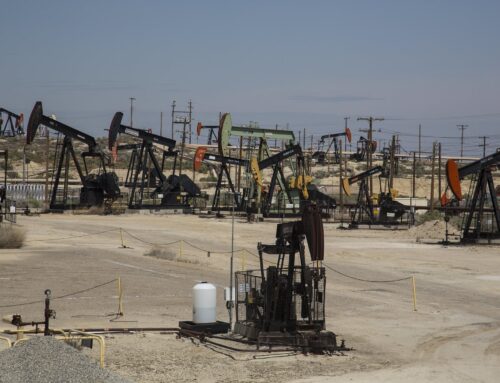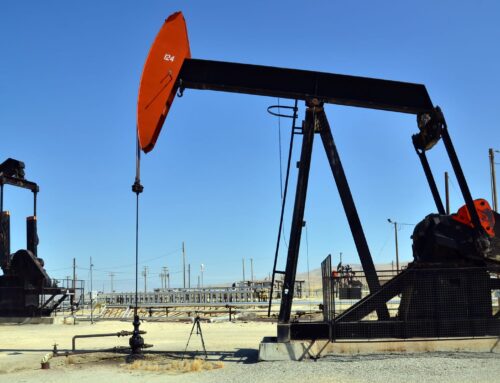On September 12, the Department of Interior (DOI) Interagency Working Group on Mining Laws, Regulations, and Permitting (IWG) released its final report containing recommendations to reform hardrock mining on federal lands. Current hardrock mining policies, like the General Mining Law of 1872, fail to ensure taxpayers a fair return from valuable, publicly owned resources and fail to protect taxpayers from future long-term liabilities associated with abandoned mines.
For more than 100 years, hardrock mining on federal lands has been governed by the General Mining Law of 1872. Originally enacted to encourage new settlement and economic development in the West, the law allows any citizen to claim the rights to extract and sell valuable minerals found on federal lands not otherwise closed to mining without paying a royalty.
While Congress has instituted separate systems for managing the development of specific resources on federal lands – including oil, gas, and coal – which require private interests to compensate taxpayers for the value of these resources, the policies governing hardrock minerals have remained relatively unchanged. Unlike other resources, hardrock minerals are not assessed royalties and claimholders do not pay rent to taxpayers for land not currently in production.
TCS has long called for reform to the federal policies governing hardrock mining on federal land. In February 2022, DOI announced the creation of an Interagency Working Group (IWG) to review hardrock mining permitting and oversight on federal lands in recognition of the 150th anniversary of the General Mining Law of 1872. In our comments, TCS urged the IWG to recommend to Congress:
- Address the problems with the claim-patent system;
- Impose a straightforward gross income (or gross revenue) royalty rate between 8% and 12.5% on new and existing mining operations;
- Consider other fees, including a land use or rental fee and a reclamation fee;
- Ensure adequate bond amounts to protect taxpayers from future reclamation liabilities;
- Establish a fund for hardrock mine reclamation that ensures the burden of reclamation is rightfully placed with mining corporations; and
- Improve transparency in the federal hardrock mining program.
Many of our recommendations were echoed by the IWG in their final report.
Claim-Patent System: The IWG encourages Congress to transition from the claim system to a hardrock mineral leasing system, which would allow the federal government to decide where mining activities take place on lands that are open to mining.
Royalty: The IWG also calls on Congress to impose a impose a variable 4% to 8% royalty on net proceeds from hardrock minerals produced on federal lands, with rates specific to particular commodities.
Other Fees: The IWG recommends Congress reform claim maintenance fees. Currently, entities with 11 or more claims are charged $165/claim, or $165/20 acres for placer claims. The IWG recommends a maintenance fee structure that increases over time in the absence of exploration and production activities and is more frequently indexed to inflation.
Bonding: The IWG recommends a number of reforms to financial assurance laws, including re-evaluating the methodology for calculating bonding requirements and removing insurance policies as acceptable financial assurance. The IWG also recommends rejecting plans for mineral exploration/production where the applicant is already in non-compliance with the terms of another mining operation.
Fund for hardrock mine reclamation: The IWG recommends a 7-cent per ton fee on material displaced by hardrock mining, which it estimated would raise $200 million per year for abandoned hardrock mine reclamation. This rate is consistent with reforms proposed in H.R.7580, the Clean Energy Minerals Reform Act of 2022, and the House Budget version of H.R.5376, the FY2022 budget reconciliation bill. The IWG also recommends that Congress redirect funds from maintenance fees in excess of administrative expenses and direct remaining unspent financial assurance funds after abandoned mine land reclamation to the Abandoned Hardrock Mine Program.
Transparency: The IWG recommends information on proposed, operating, and former (reclaimed and abandoned) hardrock mining operations on federal lands, including production data, be collected and made publicly accessible.
For too long, taxpayers have been shortchanged by outdated hardrock mining policies that fail to ensure taxpayers a fair return for the development of valuable federal resources and too often allow hardrock mining entities to leave toxic and expensive messes behind. This report is an important step in bringing hardrock mining into the 21st century.










